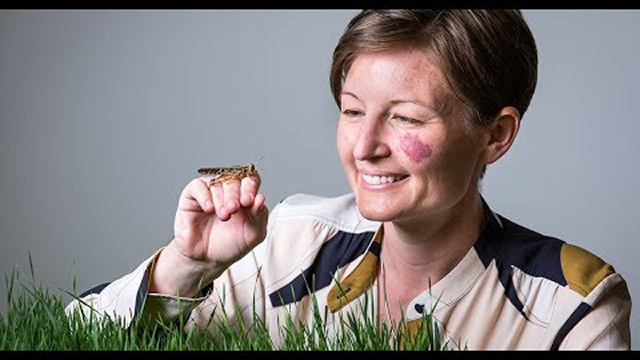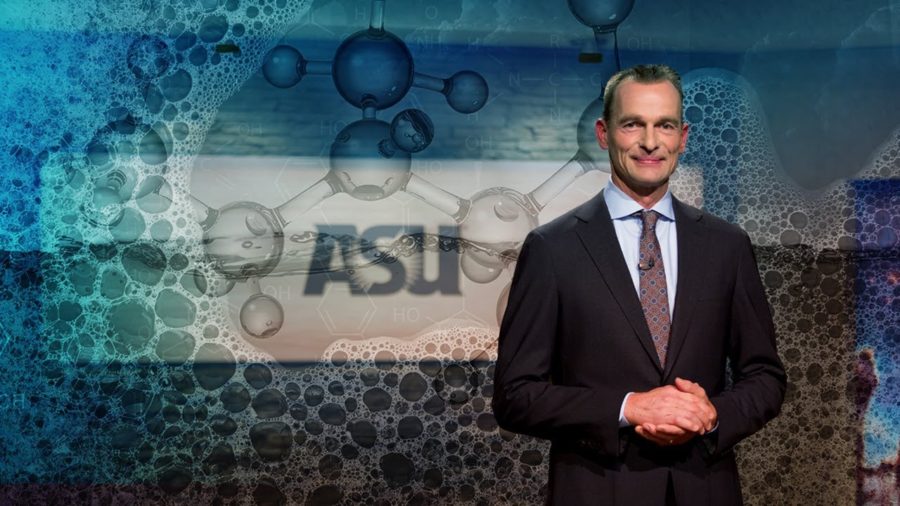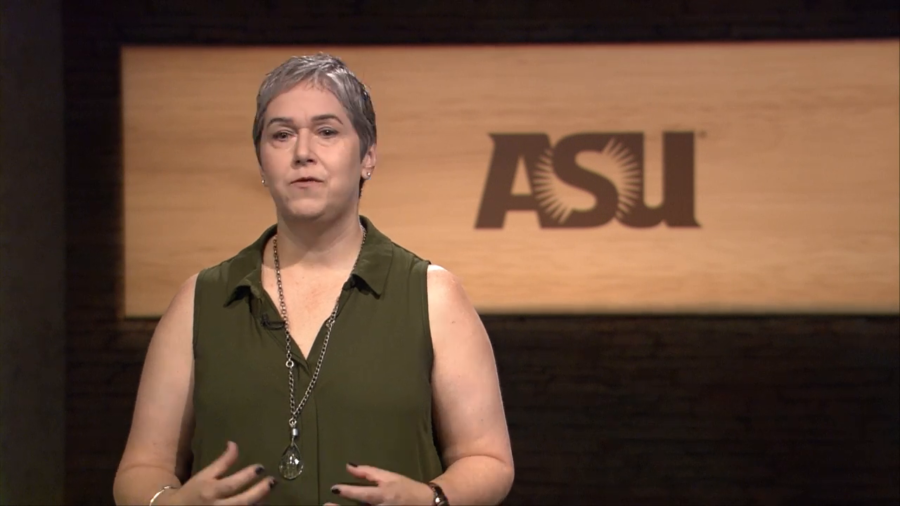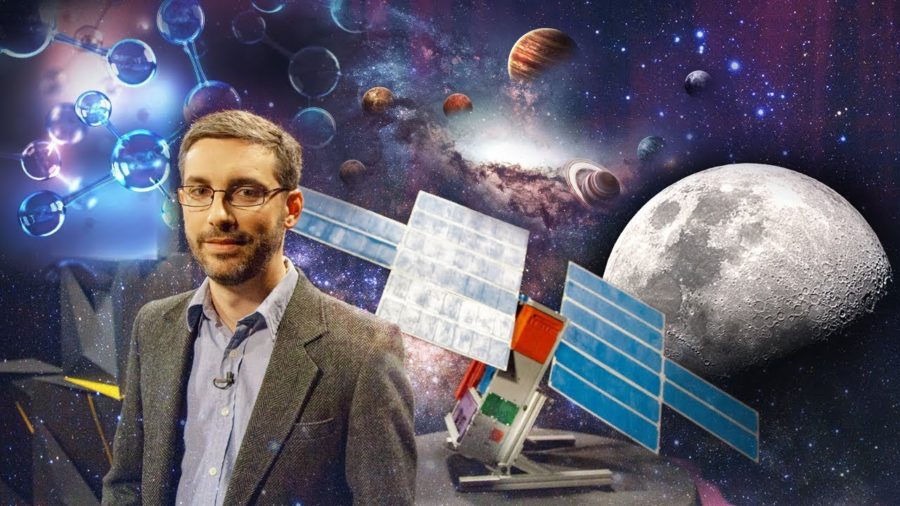We realized there was nothing special about dogs when it came to their intellect. Dogs were just doing what any animal would that had been raised around people and is completely dependent on people for the fulfillment of all of its needs. Dogs pay close attention to everything people do that produces an outcome that matters to the dog. There’s no special intelligence involved in doing that.
ASU KEDtalks (Page 1 of 2)

Why Are Dogs Special?
presented by Clive Wynne

ASU KEDtalks: Risk Is Not Just a Four Letter Word
presented by Andrew Maynard
Risk is a funny thing. It affects pretty much everything we do. And yet, most of the time we treat it like a dirty little secret. Something that’s there, but we’d rather not talk about it, a little bit like an embarrassing relative. This probably isn’t such a good idea, though.

ASU KEDtalks: Plagued with Questions
presented by Arianne Cease
All locusts are grasshoppers, but not all grasshoppers are locusts. Locusts are grasshoppers that when exposed to specific environmental cues will form mass migrations and become a continental-level challenge. The immediate impacts of locusts on agriculture are obvious. For example, the desert locust plague in Western and Northern Africa that occurred between 2003 to 2005 cost an estimated 2.5 billion US dollars in crop losses.

ASU KEDtalks: Visitors from Another World
presented by Meenakshi Wadhwa
So here’s the thing about meteorites. They’re not some strange or obscure phenomena. They are central to understanding the origin of our home planet, to our very existence on this planet, and even to our future.

ASU KEDtalks: Democratizing Digital Design
presented by Jessica Rajko
Rather than begrudgingly pushing society forward to be ready, I ask designers to critically reflect on the limitations of their own design practices and to remember that to design for one intersection of society—namely, affluent middle-to-upper-class white American men—does not mean that those designs will work for those who do not identify as such. Even with modifications.

The gut microbiome is associated with many metabolic and gastrointestinal diseases, like obesity, Type 2 diabetes, and inflammatory bowel disease. 60 to 70 million people are affected by digestive disorders, and over 97 billion prescriptions are written annually to treat these debilitating illnesses. But a poor diet is the most important factor that can determine whether you get metabolic and gastrointestinal diseases.

ASU KEDtalks: What Soap Leaves Behind
presented by Rolf Halden
We have an omnipresence of antimicrobial chemicals. We cannot escape them anymore. They are in our water, in our air, in our soil, in our food. They are in the wildlife and they are in us. But ironically, they are much more effective in killing things other than microorganisms.

ASU KEDtalks: Journey to a Metal World
presented by Lindy Elkins-Tanton
We think Psyche is the metal core of a small planet that was destroyed in the high-energy, high-speed first one one-hundredth of the solar system’s time. It is the only way that humankind can ever visit a metal core, because Psyche is the only body like it in the solar system, and we can never go to the Earth’s core.

ASU KEDtalks: Hunting for Hydrogen, a Moonshot
presented by Craig Hardgrove
We’re sending LunaH-Map to the moon to sniff out just how much hydrogen is beneath the surface. And we’re looking for hydrogen because it’s a key component of water. Water is geologically interesting on the moon. How did it get there? It’s also important for future human exploration, since it could be used as fuel.

